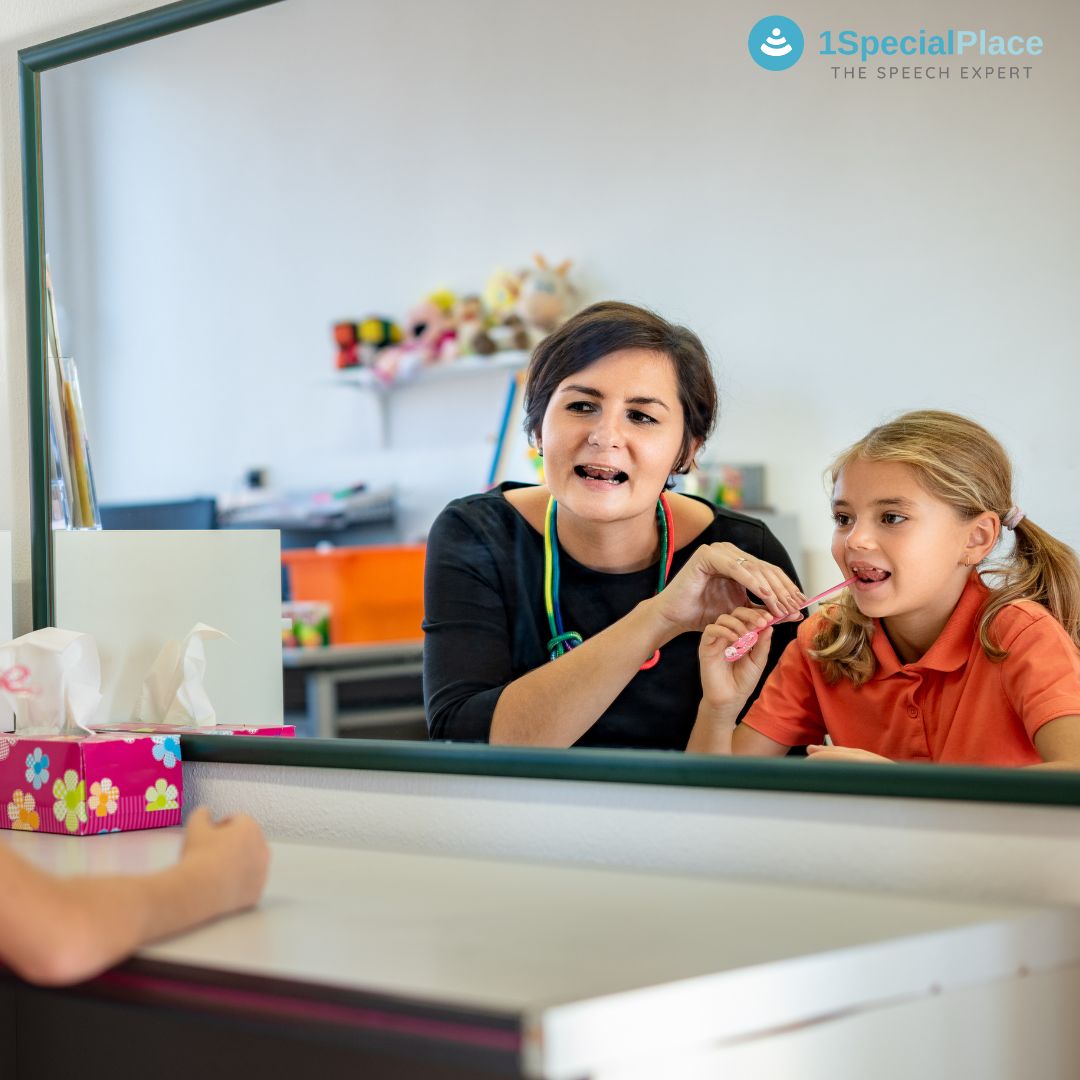
Speech Delay Versus Learning Difficulty
This blog throws light into Speech delay Versus Learning Difficulty. So first let’s take a look into these separately.
What is Speech Delay?
It is the delay in achieving the milestones at the correct time and it is also the delay in producing sounds. We produce sounds by using different oral structures such as the vocal folds, mouth, tongue, etc. Likewise, when a child has difficulty forming sounds to words, it subsequently results in speech delay.
We come to know a child has speech delay when the child starts speaking. For example, a child will say the first meaningful word by 1 year. After that, they will begin to use more words. When the child is 2 years, they will be able to say simple sentences. They will also be able to say different consonants. The children start saying consonants like p, b, m, d by 1 year. They produce certain consonants like/ r/, /s/, /ch/ at 3 years of age. After a certain age also, if the children say sounds wrongly, then the speech won’t sound clear. So, when they speak in a conversation, listeners will find it difficult to understand.
Causes of Speech Delay
- Delay in development
- Lack of stimulation
- Hearing Loss
- Oro-motor problems like Tongue-Tie, Apraxia
- Intellectual disability
- Cleft lip and palate
- Cerebral palsy
- Autism Spectrum Disorder
Some Signs of Speech Delay
- No vocalizations at 1 year of age
- Doesn’t say the first word by 15-18 months
- No imitation of words and actions
- Use more actions than words
- Doesn’t say sentence by 2 years of age
- Words won’t sound clear
Click here to read more on Red flags of Speech delay in babies
Treatment of Speech Delay
A detailed evaluation will be done when a child is found to have a speech delay. It is done by using formal tests and observations. We need to treat their speech delay, so that, it will not affect their academic performances, social skills and quality of life. In speech therapy, speech therapists will train the child. Training will help to speak grammatically correct sentences and to pronounce different sounds correctly. This will in turn improve the clarity of speech, voice quality and fluency of their speech.
What is Learning Difficulty?
In learning difficulty children will have difficulties in learning academic skills. They can have difficulty with Reading (Dyslexia), Writing (Dysgraphia), Math (Dyscalculia), and spelling errors. Likewise, they can also have ADHD and Dyspraxia. They can show one of these symptoms or in combination. A child with a learning difficulty will have normal IQ.
Treatment of learning difficulty will result in good improvement of academic skills.
Click here to know the difference between Learning difficulty versus Learning Disability.
Causes of Learning Difficulty
- Hereditary
- Babies born before term
- Children with low birth weight
- Poor nutrition
- Lack of stimulation
Symptoms
Dyslexia
A child will have difficulty in reading, understanding a reading passage, sounds of spoken letters or words.
Click here to read more on Dyslexia
Dysgraphia
The child will show difficulty in writing, putting space after each word. They will not keep to the margin and will be slow in writing. Therefore, they may have pain in their fingers while writing.
Dyscalculia
In this, children show difficulty understanding mathematical concepts like signs, symbols and numbers. They will use their fingers to count.
Attention Difficulties
The child with attention difficulty will find it difficult to focus on a task for a long time. Likewise, they won’t be able to complete a given task as a result they will have academic difficulty. In addition to that, they will be restless too.
Dyspraxia
It will affect an individual’s use of motor skills, balance, and coordination. For example, to throw a ball, it requires coordinated movements of fingers and arms.
There are three types in this, namely motor, verbal, and oral
Motor dyspraxia is the difficulties with
- Writing
- Walking
- Dressing
Verbal dyspraxia is the difficulties with
- Imitating speech
- Uses the same words again and again while talking
- Searching for words while talking
Oral dyspraxia involves difficulty with the movements of the mouth and lips. For example, if we ask them to put their tongue out or likewise to round the lips, they will find it difficult.
Treatments for Learning Difficulty
An assessment of speech, language, and academic skills will be done. Then the most important part is treatment. It will be planned according to the difficulty shown. Academic skills will be improved with the help of proper training. Hence, learning difficulty is not a disability.
The child will be seen by a multidisciplinary team. It includes:
- Speech therapists
- Psychologists
- Special Educators
- Occupational Therapists
Speech therapy will result in good improvement of the child’s speech and language skills in addition to attention and concentration skills.
Click here to know more about apps for reading and writing skills.
In summary
This article focuses on Speech delay versus Learning difficulty. Speech delay is a developmental delay. It can be seen during the developmental stage. On the other hand, Learning difficulty is the difficulty of learning academic skills. It can be treated, so that, it will not cause academic difficulties and thus will not affect the quality of life.
In conclusion, both speech delay and learning delay respond well to training, subsequently, bringing a good difference in the overall performance of an individual.
So, to know more on Speech delay versus Learning difficulty, please reach us on 1special place.
View this post on Instagram
- Efficacy of Online Speech Therapy after Tongue Tie Removal in an Adult: A Case study - October 10, 2023
- Effective Stuttering Treatment: Techniques and Tips - March 24, 2023
- What is Natural Language Acquisition? - March 3, 2023

Leave a Comment
(0 Comments)